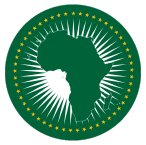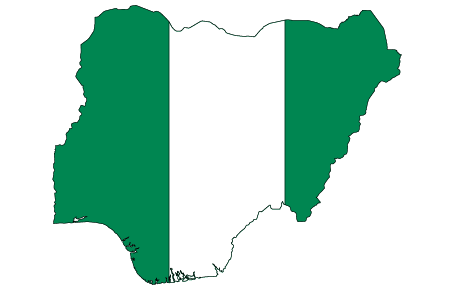Hausa

Language History
Hausa belongs to the West Chadic branch of the Afro-Asiatic language family. It is one of the largest languages in Africa, spoken by the original Hausa people. There are several debates surrounding the origins of the Hausa people. Some believe they lived by Lake Chad, but ended up moving west due to a droppage of the water level; while others insist that they were desert nomads who lived in the Sahara. It’s even believed that the Hausa people and people of Ethiopia are closely related as they both share worship of the sun – something that was done before Islam and Christianity. Another theory claims that the Hausa people descended from Arabs who later founded the Hausa city-states.
Nevertheless, today, Hausa is the lingua franca for Muslim populations in areas of West Africa. It is the language used in commerce, government and the media; and in northern Nigeria, Hausa is the key language used in primary schools.
Hausa is used as a first language by 24 million people, while another 15 million people speak it as a second or third language.
Where is Hausa Spoken?
Hausa is widely spoken in Nigeria as well as in several other West African countries including Benin, Burkina Faso, Cameroon, Central African Republic, Chad, Congo, Eritrea, Ghana, Niger, Sudan, and Togo (Ethnologue).

Fact
Hausa is written with two different scripts. The Ajami is an adapted version of the Arabic script and is mainly used to write poetry. The Boko is a Romanized Hausa script which is the main alphabet used by the Hausa people today.
Did you Know?
Hausa is written with two different scripts. The Ajami is an adapted version of the Arabic script and is mainly used to write poetry. The Boko is a Romanized Hausa script which is the main alphabet used by the Hausa people today.
Hausa Dialects
• Eastern Hausa: Hadejiya, Kano, Katagum
• Western Hausa: Adarawa, Gobirawa, Katsina, Kebbawa, Sokoto, Zamfarawa
• Northern Hausa: Arewa, Arawa
Population vs. Internet Penetration
Nigeria Population:
206,139,589
Internet Users:
126,078,999
Penetration:
61.2%
As of 2020. Source:
www.internetworldstats.com
Fact!
Hausa is a tonal language. It has 3 tones – High, Low, Falling.
Hausa Translation Tips
• Hausa nouns are marked for gender and number. Feminine nouns end in –a, while masculine nouns end in everything except –a.
• The basic word order is subject–verb–object (SVO).
• Many various forms of Hausa verbs are created through both derivation and inflection.
• The Boko alphabet uses several additional letters to signify Hausa sounds.






